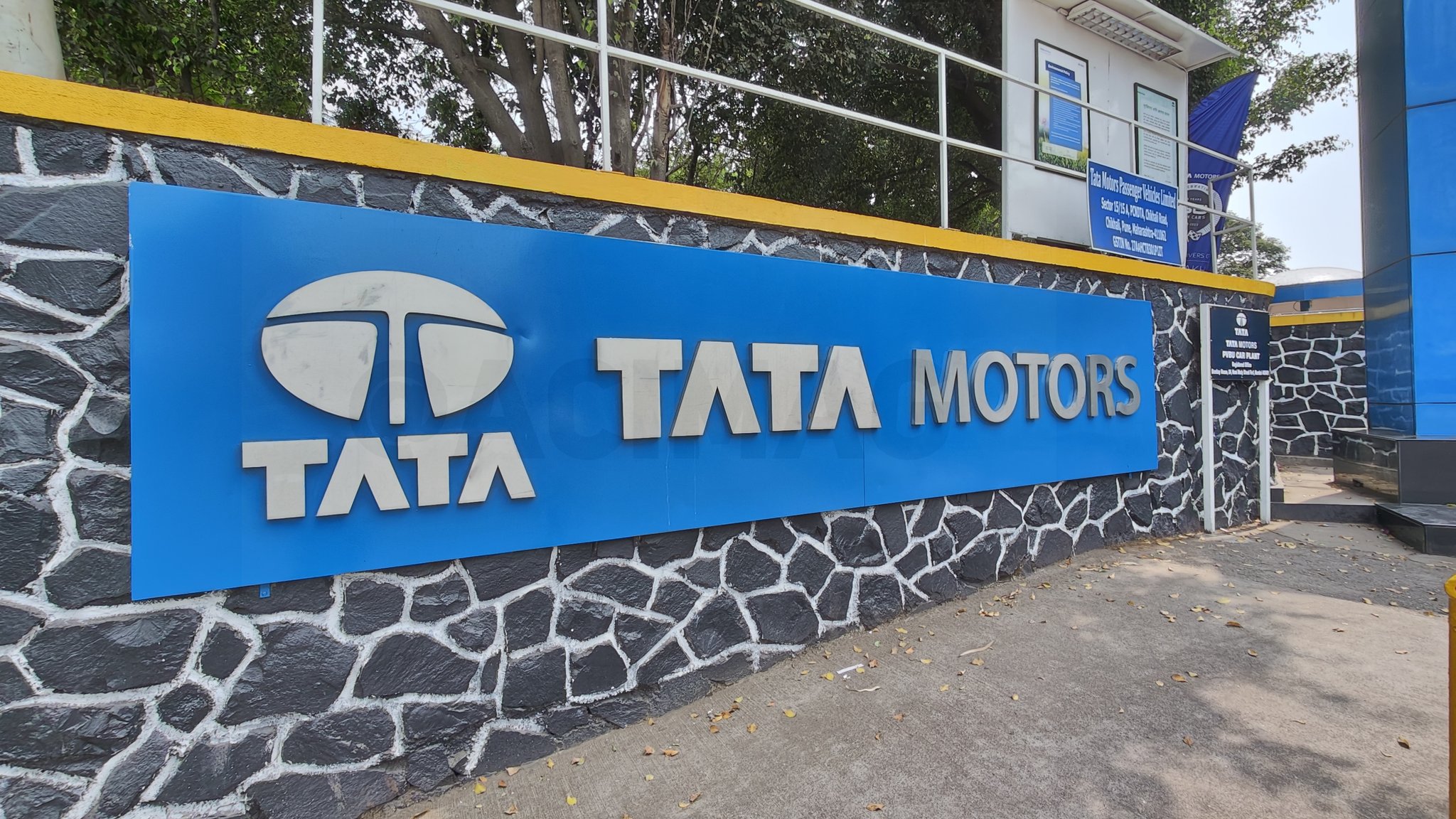
Tata Motors has made significant efforts towards promoting gender diversity and inclusivity in the field of manufacturing. In line with the celebration of Woman’s Day Week, the company showcased their “All Women” assisted Assembly line used for Omega Platform for two Premium SUVs, which Team ACI viewed as one of the benchmarks of all time. The women workforce, comprising approximately 1500 women, serves round the clock in three different shifts per day, rolling out approximately 900 units/day. The workers in this program with a 12th education can benefit from a three-year Diploma in manufacturing, while those who have completed their ITI have the opportunity to get a two-year Diploma in manufacturing. Furthermore, women who complete this program can directly enter the second year of B.Tech and, in the future, pursue their Masters. Tata Motors is jointly working on the Kaushaliya “Learn and Earn” model, which allows students to work and earn simultaneously. This model focuses on providing students with both theoretical knowledge and hands-on experience to prepare them for a better future. By providing women with equal opportunities to work and gain hands-on experience, Tata Motors is breaking gender stereotypes and paving the way for a more inclusive future. In 2021, Tata Motors took on the mission of creating a brigade of “Women In Blue” by enrolling, educating, and training girls, especially from economically deprived areas. The objective was to empower girls who have not worked in the field of manufacturing. These women are now equipped to work on different lines, functions, and multiple products ranging from small passenger cars to large commercial vehicles based on their knowledge, skill set, and experience. The Company introduced robotics, Raised workstations, and Redesigned Tools, and lifts. The senior Leadership drove the dream and prioritised infrastructure, including hygiene, residential options, secure workspaces, transportation, an all-women staff cafeteria and medical facilities with female attendants and in-house counsellors to talk about their problems and aspirations. This is a noticeable corporate attempt to encourage the inclusion of women in the field of manufacturing, and it can go a long way towards promoting gender diversity and inclusivity in the industry.




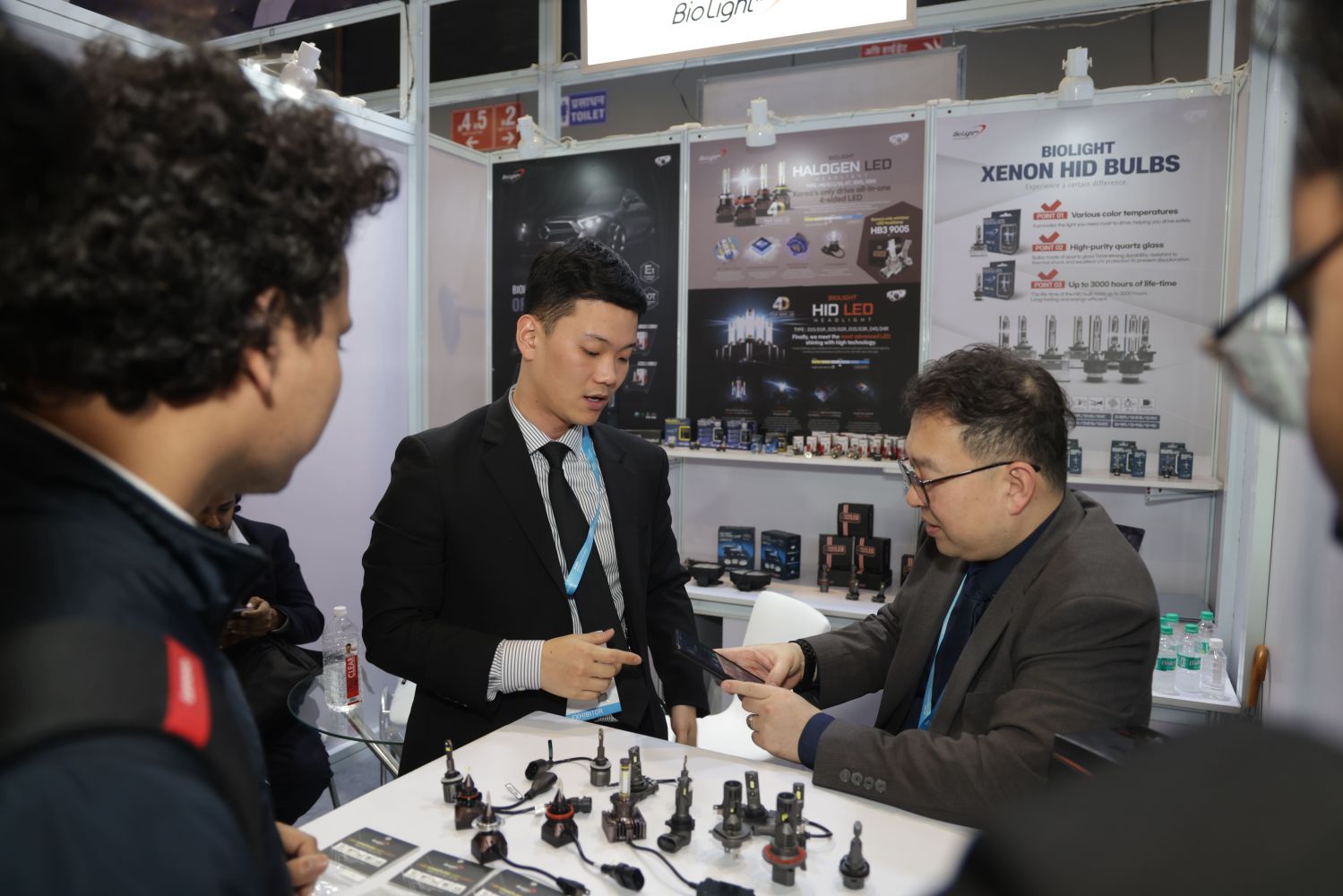
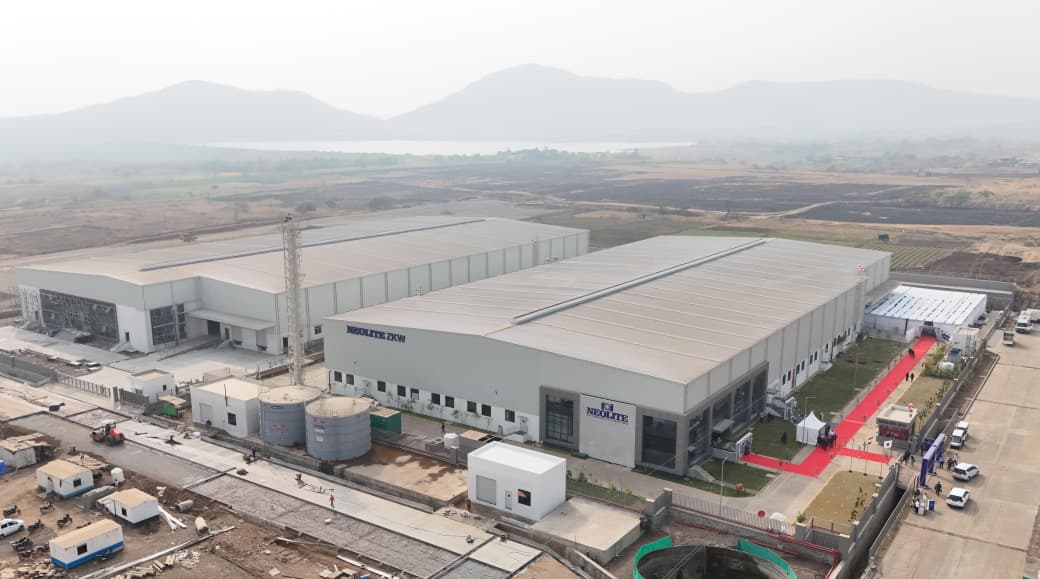
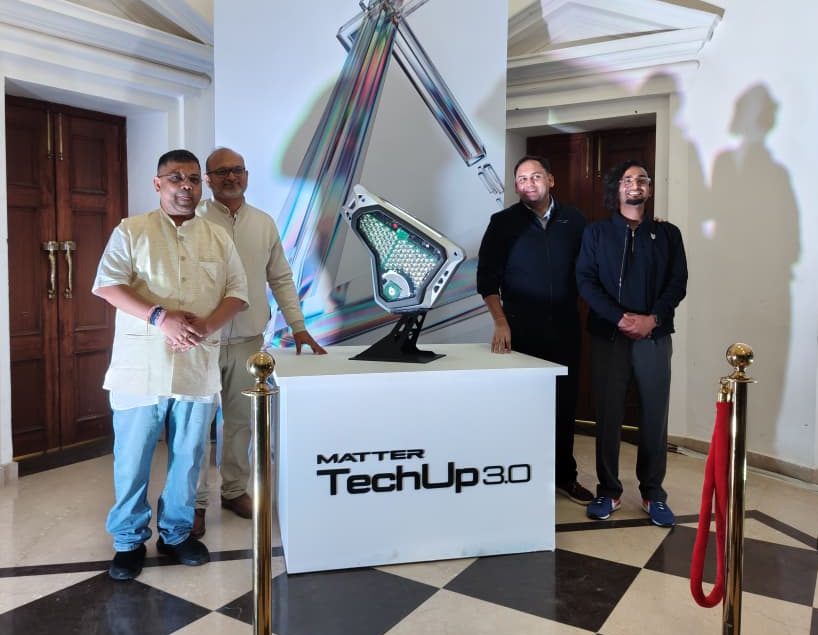
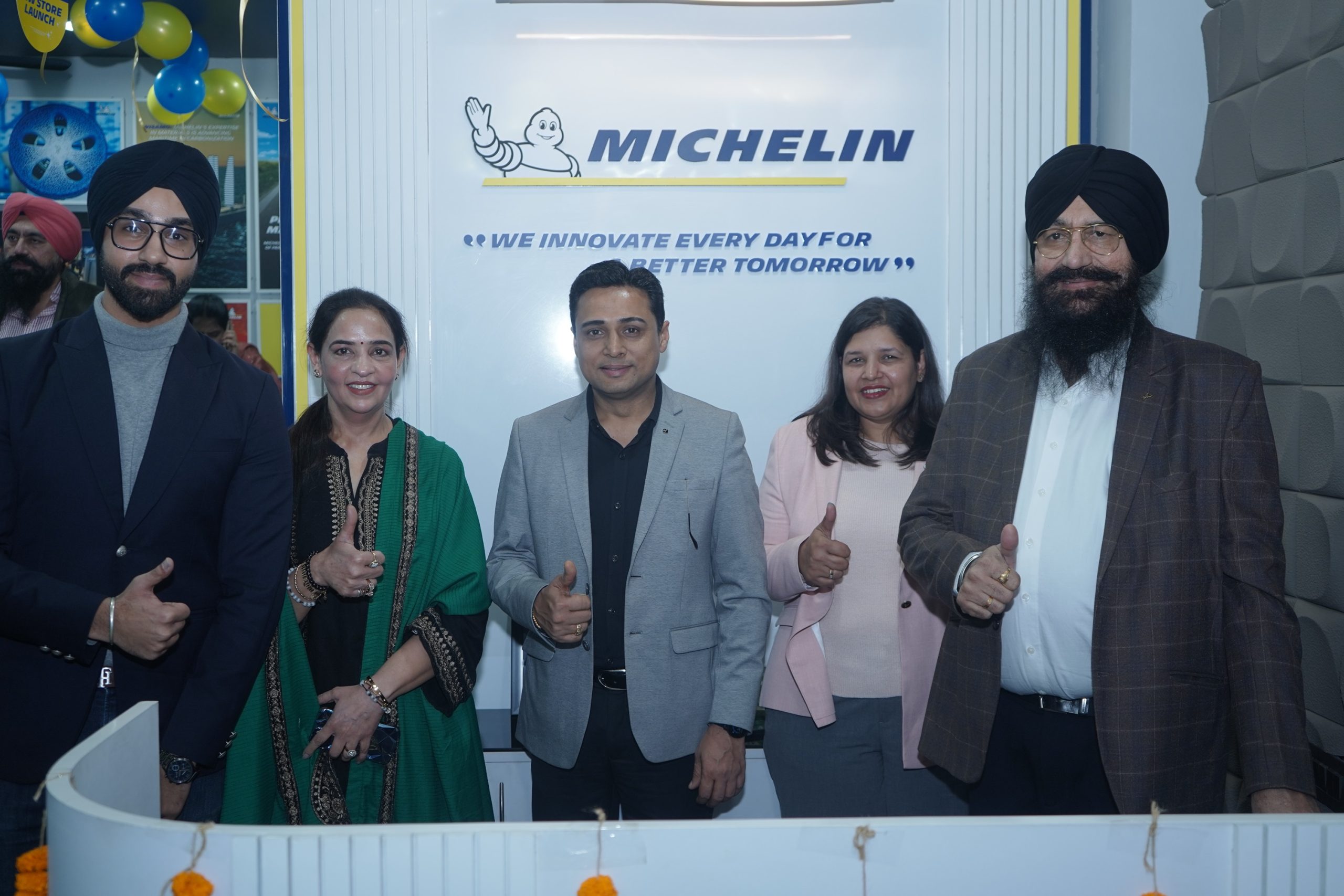
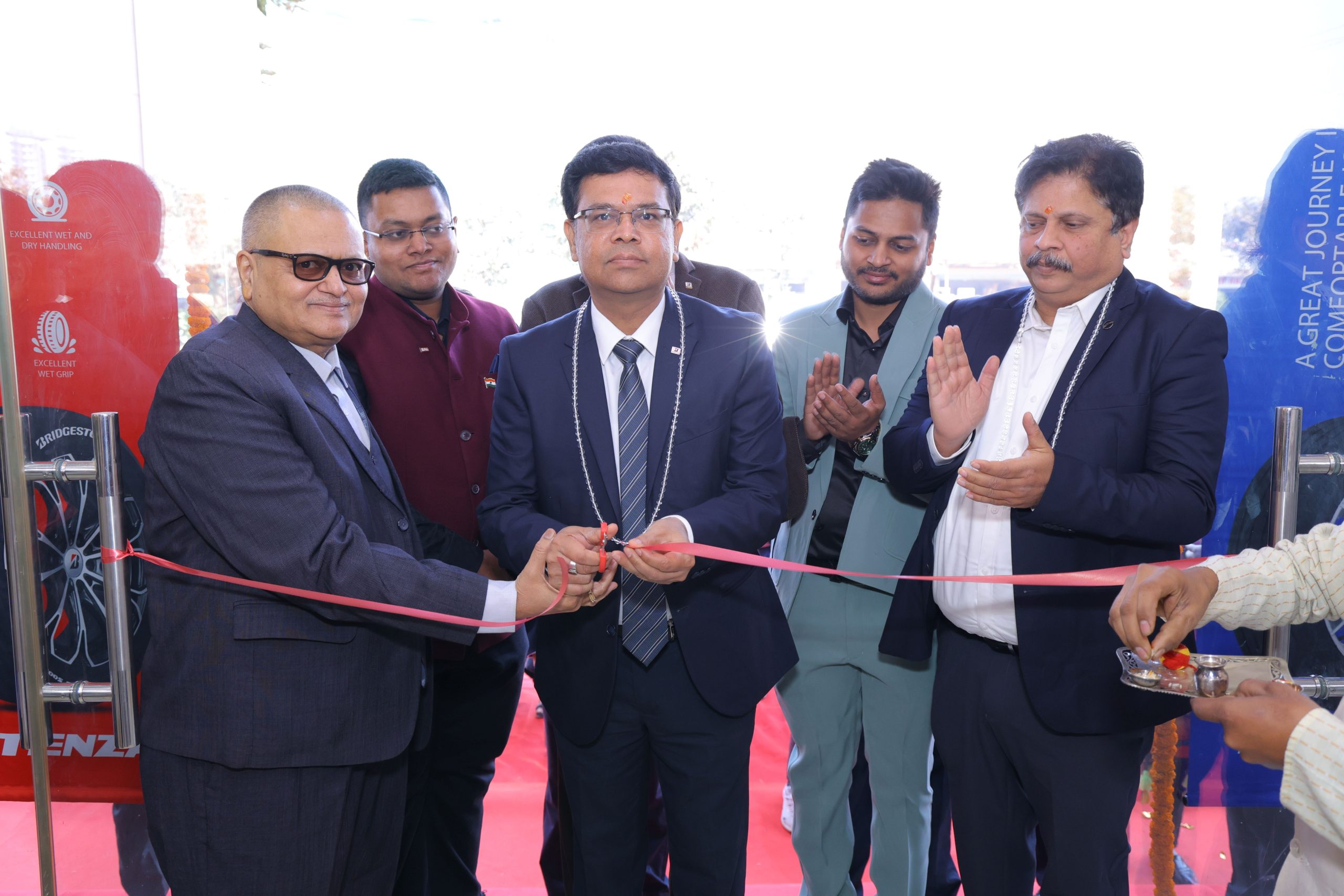
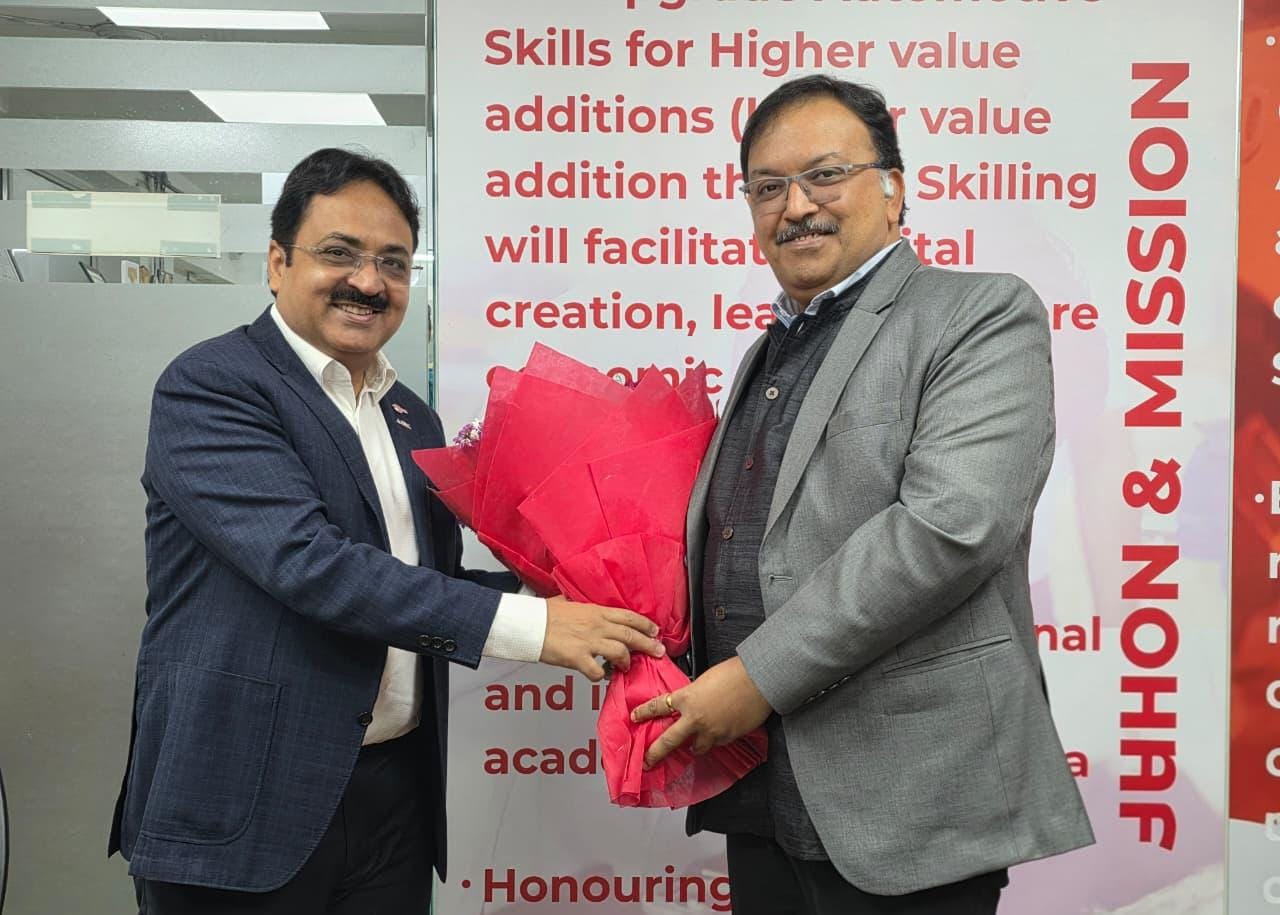



Leave a Reply